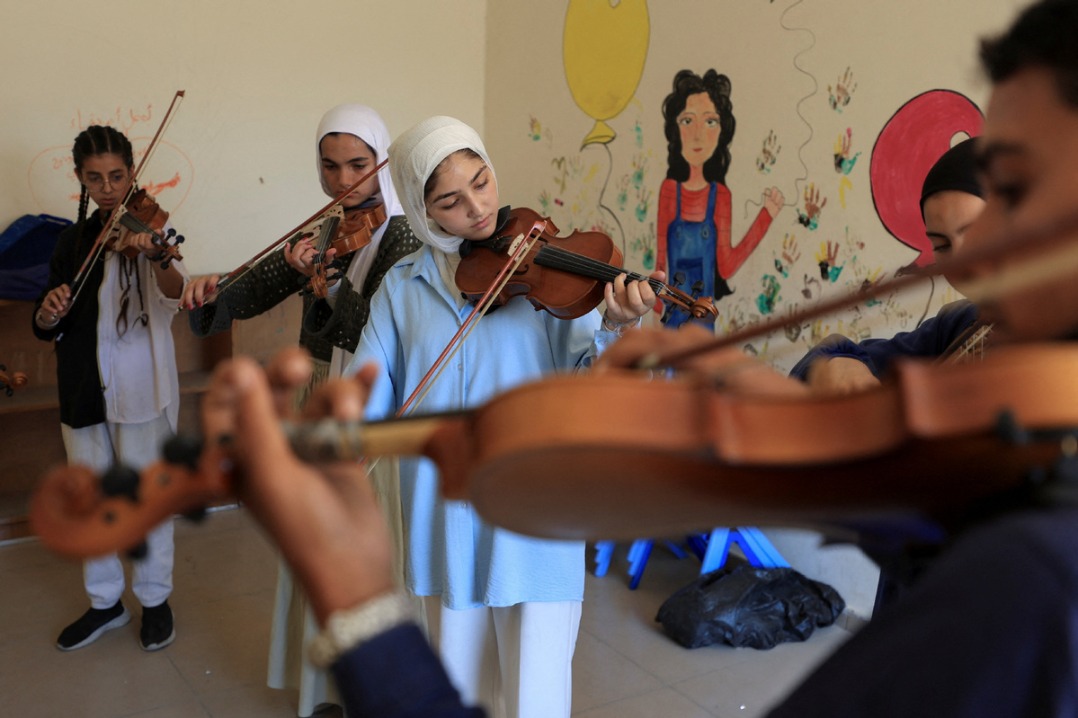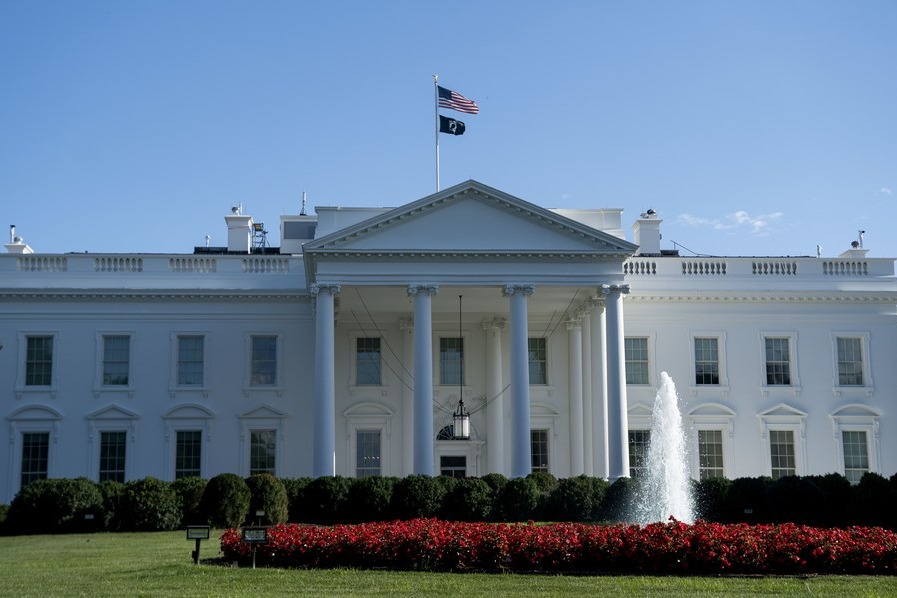UN envoy: BRICS can take lead on development


The UN's top envoy for South-South Cooperation said he believes that BRICS nations, with a stronger voice in global governance reform, have become a powerful engine for developing countries.
"The BRICS are uniquely capable [of providing] a strong voice to the developing world," said Jorge Chediek, director of the United Nations Office for South-South Cooperation (SSC) and the secretary-general's envoy on that cooperation.
He was interviewed by China Daily in New York ahead of the 11th BRICS Summit (Nov 13-14) in Brasília, Brazil.
Chediek indicated that the economies (of Brazil, Russia, India, China and South Africa) together represent approximately 43 percent of the world population, 30 percent of its territory, 23 percent of global GDP and 18 percent of global trade.
"As their share of global political and economic power continues to increase, so too their collective interest … in how global systems evolve and (are) transformed," he said.
Chediek noted the coordinated BRICS positions on a variety of socioeconomic and security concerns as well as coordination within other multilateral institutions are essential to ensure continued and meaningful reforms for a global system that is more just and reflective of the needs and aspirations of the developing world.
As a powerful bloc of developing economies, the BRICS nations have committed to deepening cooperation not only among themselves, but also across the global south, said Chediek.
"The existence of the group is in itself an example of SSC, as the member countries cooperate within the parameters of this form of cooperation, namely mutual benefit, non-interference and respect to the different national priorities — equality and non-conditionality," Chediek said.
Chediek emphasizes that the BRICS nations are strongly committed and engaged in South-South and triangular cooperation, and among them, "China has made remarkable and historic contributions," he said.
"China has stepped up through generous cooperation in many fields, with significant and expanding financial and technical contributions to other developing countries," he said.
"And through the Belt and Road Initiative (BRI), China, under the leadership of President Xi Jinping, has proposed a framework to share with the world an open vision of development based on physical and economic integration, underpinned by a philosophy of mutual benefit and closer people to people contacts," he said.
At the summit, leaders of the five nations are expected to unveil opportunities for the development of technological parks and incubators, in addition to training of researchers.
It is also foreseen that decisions will be made on cooperation to rein in corruption and to fight terrorism; develop medicines against tuberculosis; and promote breastfeeding to fight disease.
Chediek said he believes the initiatives "provide a basis for exchanges among the BRICS countries and also common themes to collaborate with third parties in these very important issues".
"In addition, the commitment to multilateralism and to an international system centered in the United Nations constitutes a common goal of the group and we expect a strong confirmation of that goal," he added.
Chediek said the need to give a more prominent role to developing countries in global governance a main reason for BRICS' existence.
"The 10th BRICS summit in Johannesburg in July 2018 highlighted the central importance and role of the UN in ensuring the maintenance of international peace and security, ensuring the promotion and protection of fundamental freedoms and human rights (and) advancing sustainable broad-based development," he said.
In March, the recent UN conference on South-South Cooperation that took place in Buenos Aires has confirmed that South-South and triangular cooperation is necessary to achieve the UN 2030 Agenda as a complement to traditional North-South cooperation.
"In that context, the BRICS can continue to lead by example. And by expanding as much as possible their cooperation initiatives, [they can] actively share with other countries their own experiences, as they are already doing," he said.
Contact the writer at xiaohong@chinadailyusa.com
































